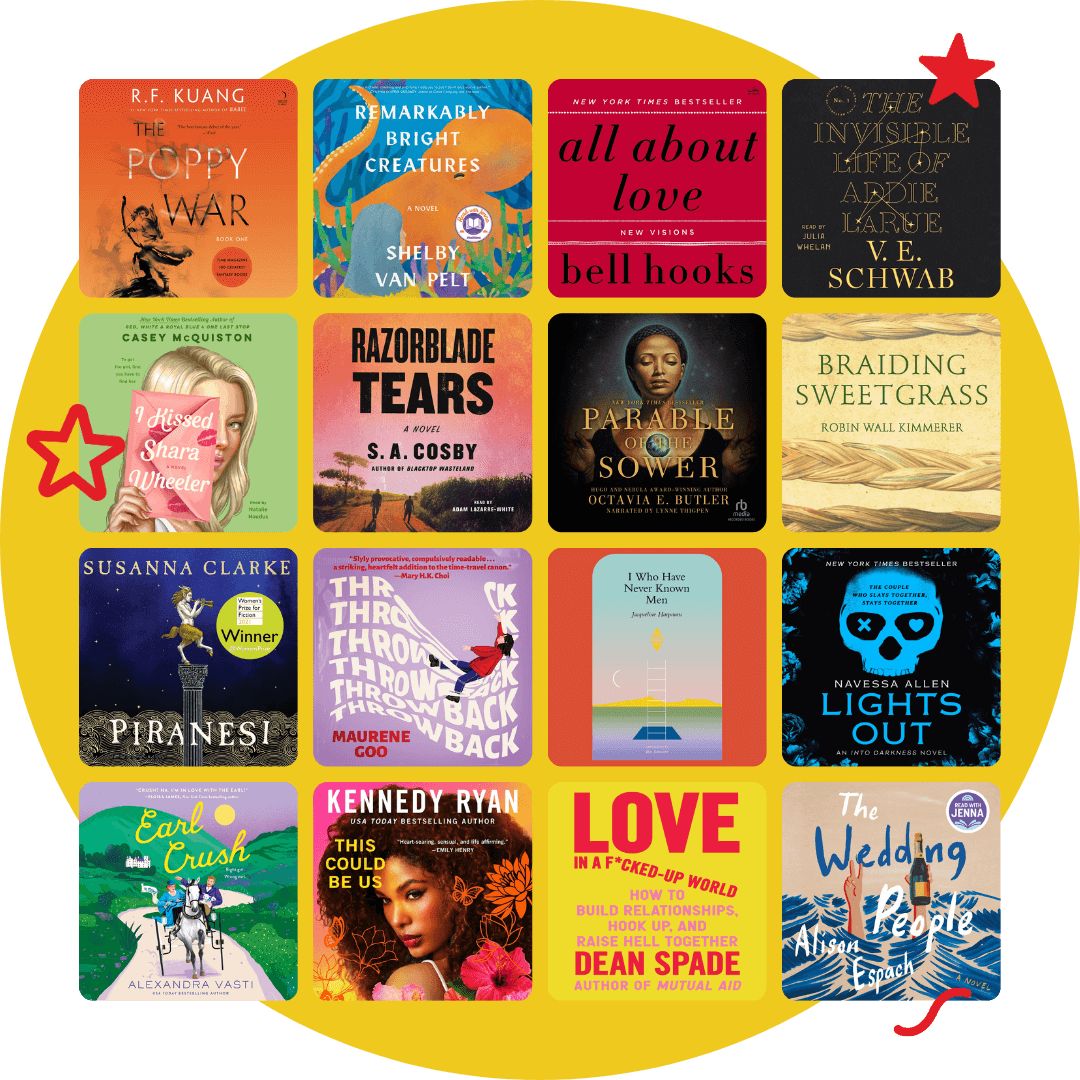Authors:
Benjamin Jowett & Plato

Almost ready!
In order to save audiobooks to your Wish List you must be signed in to your account.
Log in Create account
Indie Bookshop Appreciation Sale
In celebration of indies everywhere, shop our limited-time sale on bestselling audiobooks. Don’t miss out—purchases support local bookstores!
Shop the saleThe Socratic Dialogues: Middle Period
This audiobook uses AI narration.
We’re taking steps to make sure AI narration is transparent.
Learn moreSummary
Here are three important but very different Dialogues from the Middle Period. Symposium, the most well-known in this collection, is concerned with the theme of love. In the house of Agathon, a group of friends - each very different in personality and background - meet to consider and discuss various kinds of love. Each one, Phaedrus, Pausanias, Eryximachus, Aristophanes (the playwright) and Agathon (a prize-winning tragic poet), presents his particular view in a short discourse until Socrates speaks at greater length. This would be the end except that, unexpectedly, Alcibiades (the vain general and controversial statesman) arrives, rather worse for drink, and makes his loud contribution with direct references to his personal relationship with Socrates. Symposium is an absorbing Dialogue, related, however, by one man - Apollodorus. It is read here by Hugh Ross.
Phaedo is a very different Dialogue. It contains the moving account of the last hours of Socrates. Condemned to death by the Athenian court for impiety and the corruption of youth, he has been ordered to commit suicide. Friends gather around him on this last day, but even at such a moment Socrates chooses to spend the time considering the nature of the soul, whether it is immortal and what may happen after death. It concludes with a description of his final moments.
In Theaetetus, Socrates engages with a young mathematician on the definition of knowledge, the examined life, and how the active life compares with the contemplative life.
Translation by Benjamin Jowett.
Audiobook details
Narrator:
David Rintoul
ISBN:
9781004133260
Length:
8 hours 23 minutes
Language:
English
Publisher:
W. F. Howes Ltd
Publication date:
November 22, 2017
Edition:
Unabridged
 Start gifting
Start gifting
 Libro.fm for Business
Libro.fm for Business
 Start a membership, get two free audiobooks
Start a membership, get two free audiobooks